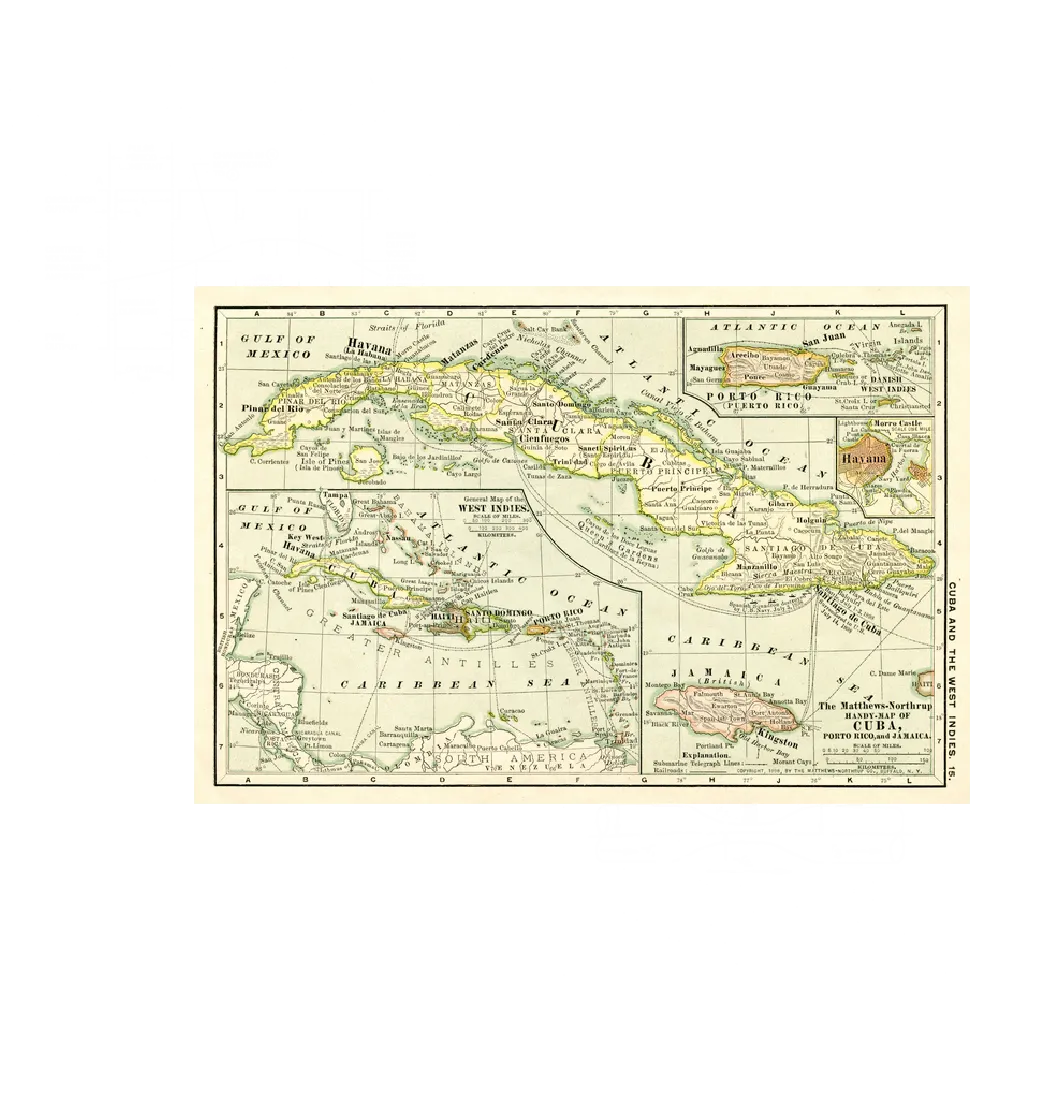
- November 19, 1834
Mathematical Course Offered to 8 Women
In 1834, Amos Eaton, an esteemed early professor at Rensselaer Polytechnic Institute (RPI), shattered societal norms by enrolling eight young women in a specialized mathematics course. Conducted at Walnut Grove under Laura Johnson’s leadership, this bold experiment aimed to prove that women could excel beyond the limited curriculum usually offered in female seminaries.
Eaton took his advocacy a step further, formally presenting the women’s achievements to RPI’s Board of Examiners in 1835. Though the Board commended his mathematical acumen, they didn’t address female education at RPI immediately.
While the eight pioneers continued their education at what is now Emma Willard School, Eaton’s audacious move set a stage for educational inclusivity. Today, we honor this landmark initiative as a testament to RPI’s ongoing commitment to breaking barriers in education.

- October 14, 1835
First Civil Engineering Degrees Awarded
In a historic commencement in 1835, Rensselaer Polytechnic Institute (RPI) broke new ground, awarding the first Civil Engineering degrees, not just at the Institute, but in the entire United States. Edward Suffern, William Clement, Caleb Briggs, Robert McKee, D.S. Smalley, and Amos Westcott of the Class of 1835 became the nation’s inaugural Civil Engineering graduates, setting a new academic precedent.
This transformative moment also saw the introduction of the Bachelor of Natural Science degree, replacing the traditional A.B. degree at RPI. Both milestones signaled RPI’s unwavering commitment to adapting education to meet the evolving needs of a rapidly advancing society.
Today, we celebrate these groundbreaking ‘firsts’ as cornerstone moments in RPI’s long history of academic innovation. These inaugural Civil Engineering degrees laid the foundation for a field that would shape the American landscape, solidifying RPI’s role as a trailblazer in STEM education.

- 1837
Douglass Houghton
In 1837, RPI alumnus Douglass Houghton made history by becoming Michigan’s inaugural State Geologist. An esteemed member of RPI’s class of 1829, Houghton’s appointment was a testament to the unparalleled scientific education offered at Rensselaer Polytechnic Institute.
Trained in RPI’s rigorous environment, Houghton’s groundbreaking role validated the Institute’s innovative approach to applied sciences. This was more than an individual achievement; it was a moment that showcased RPI’s ability to produce, not just experts, but pioneering leaders in newly defined roles.
Today, we honor this monumental ‘first’ as proof of RPI’s lasting impact on science and leadership. Houghton’s historic appointment stands as an enduring example of how RPI equips its students to carve new paths, forever changing the landscape of their fields.

- August 5, 1837
Ebenezer Emmons
Rensselaer Institute: Scaling Peaks and Founding Institutions with Ebenezer Emmons
In two historic firsts, Ebenezer Emmons, Class of 1826, exemplified the pioneering spirit fostered at Rensselaer Polytechnic Institute (RPI). Emmons led the first recorded ascent of Mt. Marcy, breaking both literal and figurative ground. This milestone wasn’t just an outdoor feat; it was a testament to RPI’s ethos of conquering uncharted territories.
But Emmons didn’t stop at mountaintops. He also hosted the inaugural meeting of the American Association of Geologists, which later evolved into the American Association for the Advancement of Science (AAAS). This was no mere gathering but a cornerstone for scientific collaboration in America.
Today, we celebrate these trailblazing ‘firsts’ as part of RPI’s legacy of pushing boundaries in science and exploration. Emmons’ achievements echo the Institute’s commitment to leading the charge in both physical and intellectual landscapes.

- 1838
John Robison
Rensselaer Institute: The Global Stage Welcomes Cuba’s First Graduate
In a landmark moment, John Robison, Class of 1838, became RPI’s first graduate from Cuba, expanding the institute’s global footprint. This was more than an individual feat; it signaled RPI’s international reach in STEM education. Robison’s achievement underscored RPI’s mission as a hub for global talent, setting the stage for a diverse, worldwide student body. His pioneering role paved the way for the international scholars who would follow, affirming Rensselaer as a nexus for innovation across borders. Today, we celebrate this historic ‘first’ as a milestone in RPI’s ongoing mission to cultivate global leaders. Robison’s educational journey highlights RPI’s capacity to attract and nurture trailblazers from around the world, reaffirming its status as a leading institute for global STEM innovation.

- 1838
Fitzedward Hall
In an unprecedented move that confirmed Rensselaer’s global influence, Fitzedward Hall, Class of 1842, became the Institute’s first-ever graduate from across the Atlantic Ocean. Hailing from Marlesford, England, Hall’s achievement marked more than just his personal success—it set a new course for RPI’s role as an international beacon in education.
His transatlantic journey embodied RPI’s growing global appeal, establishing the Institute as a magnet for scholars from all corners of the earth. Hall’s groundbreaking education represented a key moment that extended RPI’s impact beyond American shores, positioning it as a global leader in STEM.
Today, we celebrate this historic ‘first’ as a cornerstone in RPI’s commitment to shaping world-class minds, regardless of geographic origin. Fitzedward Hall’s legacy serves as an enduring symbol of RPI’s ability to attract and foster global talent.
StoriesEventsJoin
Us